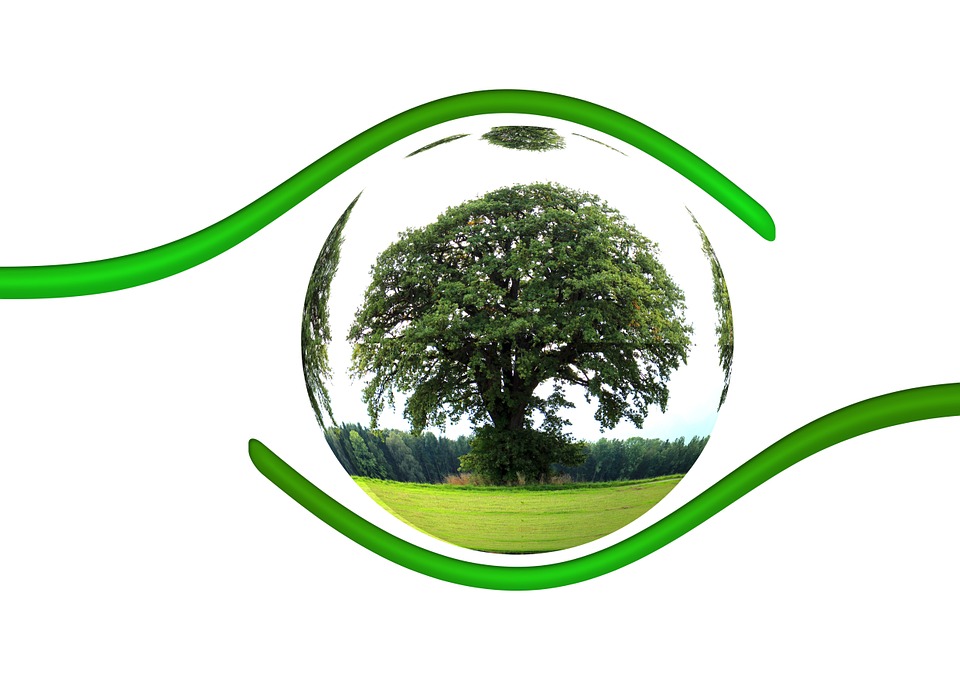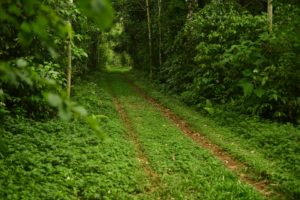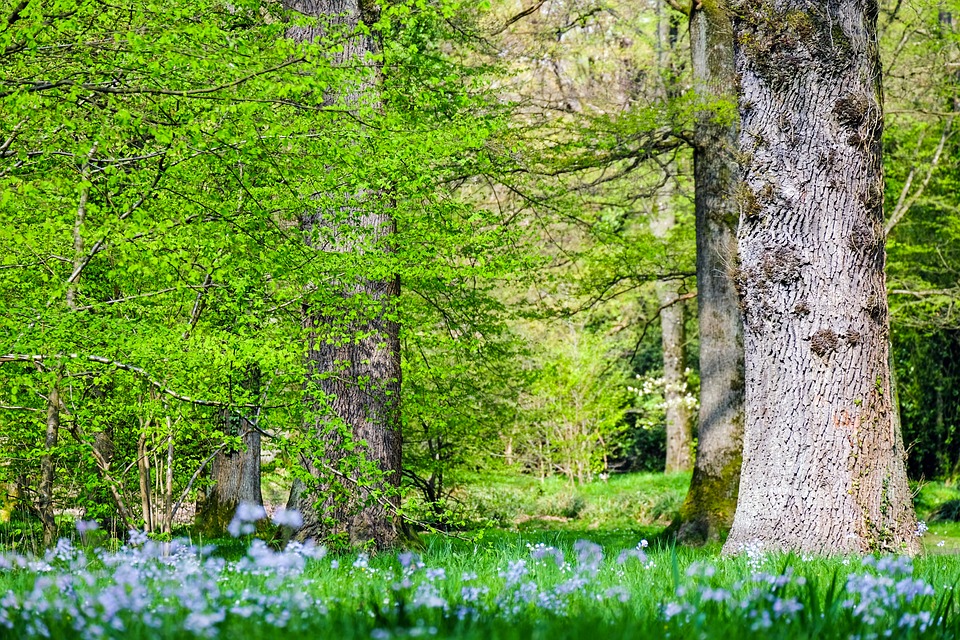Type of Ecology
Page Contents
Type of Ecology: Very often a word has a precise well-defined meaning in scientific literature but is loosely used in everyday language. Let’s us discuss about “Type of Ecology”
Type of Ecology:
Definition: Very often a word has a precise well-defined meaning in scientific literature but is loosely
Used in everyday language. It is, therefore, necessary for you to be clear about a few concepts and
definitions before we begin the study of ecology.
Ecology is a familiar term today. Although ecological studies have been going on for many years, however,
It is only recently that people have become aware of ecology as a part of their daily life. There days newspapers
and magazines provide ample space to highlight the nature and the consequences of man’s impact on nature-
deforestation, soil erosion, the Bhopal gas tragedy, the Chernobyl disaster, ozone hole, global warming and many
Other problems. Public outcry about such problems clearly emphasizes the relevance of ecology for our society. Ecology is now a well-developed branch of science having increasing importance to human welfare and survival.
The term ecology was coined only as late as 1868. It has been derived from two Greek words namely, ‘Oikos’ meaning home or estate and ‘logos’ meaning study. Literally it means the study of the home or household of nature
Ecology is defined ‘as the scientific study of the relationship of the living organisms with each other and with their
Environment.’
Ecological studies are aimed to understand the relationship of organisms with their environment. This could be best
Achieved by extensive field observations and experimental studies to verify the field observations.
History of Ecology:
The roots of ecology lie in Natural History, which is as old as human civilization itself.
As a matter of fact man indulged in ecology in a practical sort of way, though unknowingly, since early
history. In primitive societies every individual was required to have intimate knowledge of his environment
for survival, i.e., of the forces of nature and of plants and animals around hm. Primitive tribes, which were dependent on hunting, fishing and food gathering needed detailed knowledge of their environment to obtain
their sustenance. Later, the adoption of settled agricultural life further stresses the need to learn practical ecology
for the successful domestication of plants and animals.
Our ancient Indian texts are full of references to ecological principles. The classical texts of the Vedic period such as the Vedas, the Brahmans and the Aranyakas-Upanishads contain many reference to ecological concepts.
The Indian treatise on medicine, the Caraka-Samhita and the surgical text Susruta-Samhita, show that people
During this period had a good understanding of plant and animal ecology. These texts contain classification of animals on the basis of habit and habitat, land in terms of nature of soil, climate and vegetation; and description of plants typical to various localities. Caraka-Samhita contains information that air, land, water and seasons were indispensable for life and that polluted air and water were injurious for health.
Similar awareness of ecological issues was prevalent in Europe in the 4th Century BC. The early Greek philosopher
Were well aware of the importance of environmental studies. Hippocrates in his work ‘On Airs, Water and Places’
Stresses the need for ecological background for medical students, as he emphasized the effect of water, air and locality on health and diseases in man. Aristotle classified animals on the basis of habit and habitat.
Theophrastus was that first person to introduce ecological approach long before the term ecology was coined. He studies plant types and forms in relation to altitude, moisture and light exposure.
After a gap of several centuries European naturalists made significant contribution to ecological thinking. The French Naturalist Georges Buffon in his book Natural History made a serious attempt to systematize the knowledge concerning the relation of animals to environment.
Type of Ecology:
In the early eighteenth century Anton-van Leeuwenhoek, the microscopist, pioneered the study of food chain and population regulation which have grown into the major areas of modem ecology.
It was Hans Reiter who in 1968 appears to have coined the term ‘ecology’ by combining the two Greek words Oikos and Logos. However it was the German biologist Ernst Haeckel who for the first time elaborated definition of ecology as follows:
“By ecology we mean the body of knowledge concerning the economy of nature – the investigation of the total relations of animal both to its inorganic and to its organic environment; including above all, its friendly and inimical relation with those animals and plants with which it comes directly or indirectly into contact – in a word, ecology is the study of all complex interrelation referred to by Darwin as the conditions of the struggle for existence.”
Type of Ecology:
A few years earlier to Haeckel, the French zoologist Isadora Geoffrey St. Hillarie and the English naturalist St. George Jackson Mivart had proposed the terms “ethnology” and “hexicology” respectively, which are almost similar to ‘ecology’. A British zoologist Charles Eton in his pioneering book “Animal Ecology” defined ecology as scientific natural history.
The concept of community in ecology was applied by Karl Mobius to animals. Whereas Forbes, Warming, Clements and many others made notable contributions of the study of plant and animal communities.
The concept of ‘population’ and its several related aspects developed in the early part of the twentieth century. Mathematical techniques were used for understanding community ecology. These mathematical and statistical methods have since been applied for an understanding of population dynamics.
In 1935 a distinguished British botanist, Sir Arthur Tensely introduced the concept of the ecosystem or ecological system. This was a major development in the history of ecology.
The concept of ecosystem along with the ideas on the tropic-dynamic aspect of community developed by Lindeman, and biogeocoenoses by Sukachev stimulated investigation on the organism-environment complex from a holocoenotic standpoint and led to a major breakthrough in the progress of ecology. Recently, an American ecologist Eugene P Odium has defined ‘ecology as the study of the structure and function of nature’.
Type of Ecology:
In India, ecological studied began as elsewhere with the descriptive phase at the end of the nineteenth century. Descriptive accounts of the forests were prepared by the forest officers. However, the first comprehensive ecological contribution was made in 1921 by Prof P. Dudgeon of Allahabad University who described the role of environment in the succession o communities.
By the 1940s there was sufficient ecological information of the descriptive and observational kind. There was now a need for precise, determination of the behavior and distribution of plants in relation to specific environment factors.
This led to experimental approach communities and autecological studies on trees, herbs and grasses under the guidance of Prof. R. Misra, who established a flourishing school of ecology at the Banaras Hindu University, by the 1960s.
Type of Ecology:
In the early sixties the need for developing a better understanding of the structure and function of different ecosystems was considered necessary for the effective management of natural resources, especially in view of the growing human population.
With this view, the International Biological Program me was launched with a focus on the biological basis of productivity and human welfare. Under the aegis of this program me, productivity of different terrestrial and aquatic ecosystems was evaluated apart from, studies on human adaptability, conservation of ecosystem and the use of biological resources.
Much of the resent interest of ecology stems from the problems caused by rapid population growth and widespread deterioration of environment due to population of Air, soil and water. Ecological studies are now increasingly geared to promote conversation and rational utilization of natural resources through international efforts such as Man and Biosphere Progarmme of UNESCO, United Nations Conferences of Human Environment held at Stockholm in 1972, United Nations Environment Progarmme, International Union for Conversation of Nature. The science of ecology has much to contribute in solving the problems of environment.
Subdivisions of Ecology:
Type of Ecology:
Ecology was earlier divided into plant and animal ecology. However, modern ecology does not much any such distinction since plants and animals are intimately interconnected and interdependent amongst themselves and on their environment.
The three main subdivisions of ecology today are giving below: [Type of Ecology]
- Autecology 2. Synecology 3. Habitatat ecology.
- Autecology: – i) Autecology of a species ii) Population Ecology
- Synecology: – i) Community Ecology ii) Ecosystem approach
- Autecology: It is the study of individuals in relation to the environment. There are two approaches to autecological studies
- (a) autecology of spices where individual species are studied (b) population ecology where individuals of the species are studied.
- Synecology: It is the study of the community of living organisms as a unit. The difference between autecology and synecology could be explained by the following example. If a tree or a crow are studied in relation to the environment then this would be an autecological study. However, if the study deals with a forest community as a whole in which many different birds, trees and animals share the same area, then it would be called a synecological approach.
Synecological studies can be of two types. A) Community ecology is concerned with the study of biotic (living) community comprising of independent plants and animals in a particular area, B) ecosystem ecology which is a recent development in ecology. It deals with the community of living organisms and their environment as an integrated unit of nature.
- Habitat ecology: It is the study of the habitat or environment of organisms and its effect on the organisms. In this approach different types of habitats such as terrestrial, fresh water, marine and estuarine are the focus of study.
Relationship of Ecology with Other Disciplines of Biology
Type of Ecology:
In order to under the scope and relevance of ecology let us consider its position in relation to other biological disciplines, with the help of a diagram in the shape of a cake.
This hypothetical biological cake has several horizontal layers representing the ‘basic’ divisions of biology, common to all organisms – morphology, physiology, and genetics, ecology, molecular biology, developmental biology etc. These horizontal layers and divided vertically into unequal ‘taxonomic slices’ of biology as well. Each such slice is labeled by the specific kinds of organism. The thicker slices represent large division of biology and are labeled Zoology, Botany, and Bacteriology etc. The thinner slices are labeled a Physiology, Ornithology, and Protozoology as they deal with specific type of organisms.
Let us consider slice ‘A’, i.e. ornithology-they study of birds. This slice with its horizontal layers of molecular biology, developmental biology, genetics, ecology etc. indicates that there are different approaches to the study of birds. The approach may be molecular or ecological, or of my any other type, or a combination of two or more approaches. The ‘biological cake’ analogy helps us appreciate that ecology is a basic division of biology.
It is often important to restrict work to certain taxonomic species or groups because different kinds of organisms require methods of study. Concepts such as energy flow, For example, one cannot study pigeons and bacteria using the same methods. However, the modern ecological principles have provided many unifying concepts such as energy flow, nutrient cycling and population dynamics for comparing diverse ecosystems.
*****If you love this article then please like it and share it in social media with your friends*****
Know more about “Type of Ecology” click here



